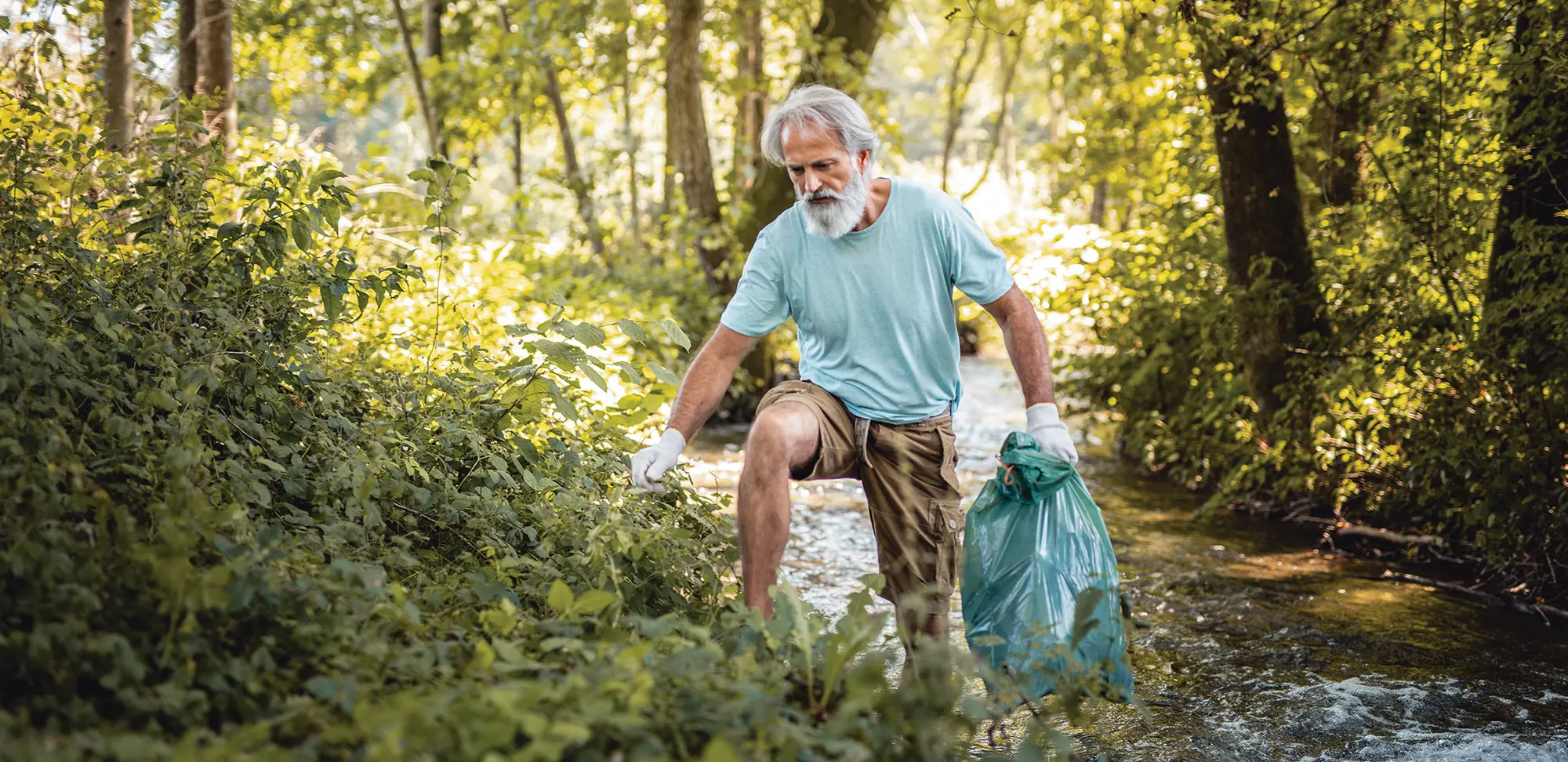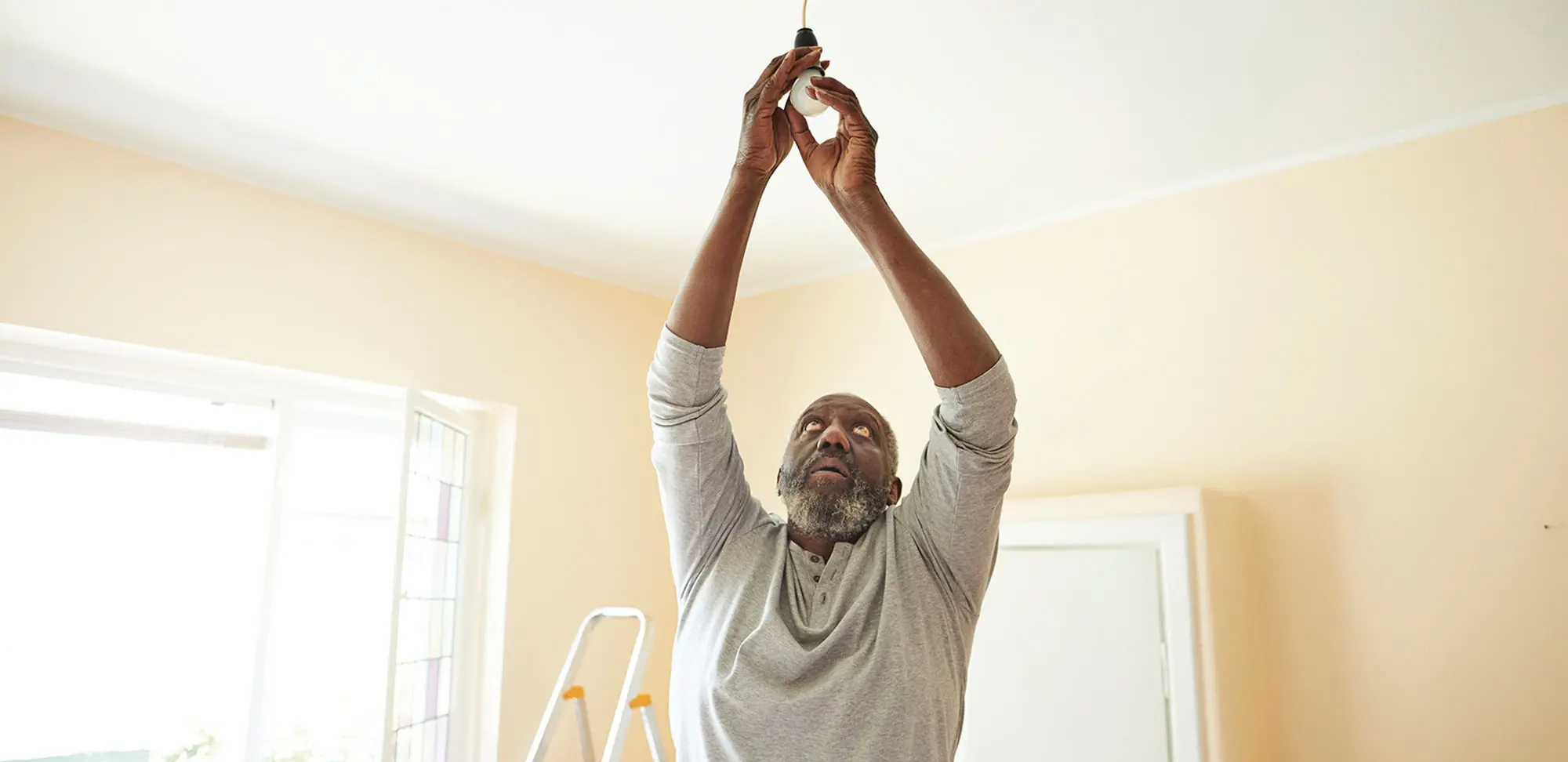Good health is predicated on physical, mental, emotional and spiritual well-being, interconnected elements that influence each other positively or negatively. We often overlook the extent to which mental well-being contributes to overall health.
Fear, anxiety and depression can be the result of any number of life challenges — illness, loss of loved ones, loneliness, low sense of self-worth, political news, and economic or cultural insecurity.
Another source of stress these days is “eco-anxiety,” a term that originated with the American Psychological Association (APA) and the non-profit ecoAmerica in 2017. APA defines eco-anxiety as the “chronic fear of environmental cataclysm that comes from observing the seeming irrevocable impact of climate change and the associated concern for one’s future and that of next generations.”
We see, and experience, the consequences of our earth’s poor health — floods, compromised water, fires, evacuations, severe weather conditions, disease — with ever-increasing frequency.
In The Myth of Normal, physician Gabor Maté writes, “The harms of climate change include acute and chronic physical illness such as cardiovascular disease and susceptibility to infections, along with mental health challenges. … I need hardly mention food and water insecurity, major stressors already affecting millions.”
Britt Wray, author of Generation Dread and the Gen Dread newsletter, writes on her website (brittwray.com) that “The age of eco-anxiety is upon us … the afterglow of climate disasters radiates psychiatric trauma throughout the globe. We need to get wise to what is happening as well as what we can do to better care for each other and ourselves.”
It’s easy to feel helpless and fatalistic about the earth’s future and the life that depends on it, and eco-anxiety gnaws at our well-being physically and mentally.
But we can take control. Experts like Wray and APA agree that once you acknowledge eco-anxiety you can channel that anxiety into positive energy and direct it into positive environmental behaviour. Engaging in activity that helps heal the environment is to engage in hope — and help control the anxiety.
RTOERO encourages members to identify what they can do as individuals, with their families, and with their communities to work toward a healthier Earth. And, make sure your political leaders know you care and why.
Responsible use of resources, conservation, and protecting our air, land and water is a key to a sustainable future.
To learn about RTOERO’s environmental stewardship initiatives and how you can advocate for a healthier planet, visit rtoero.ca/vibrant-voices.








